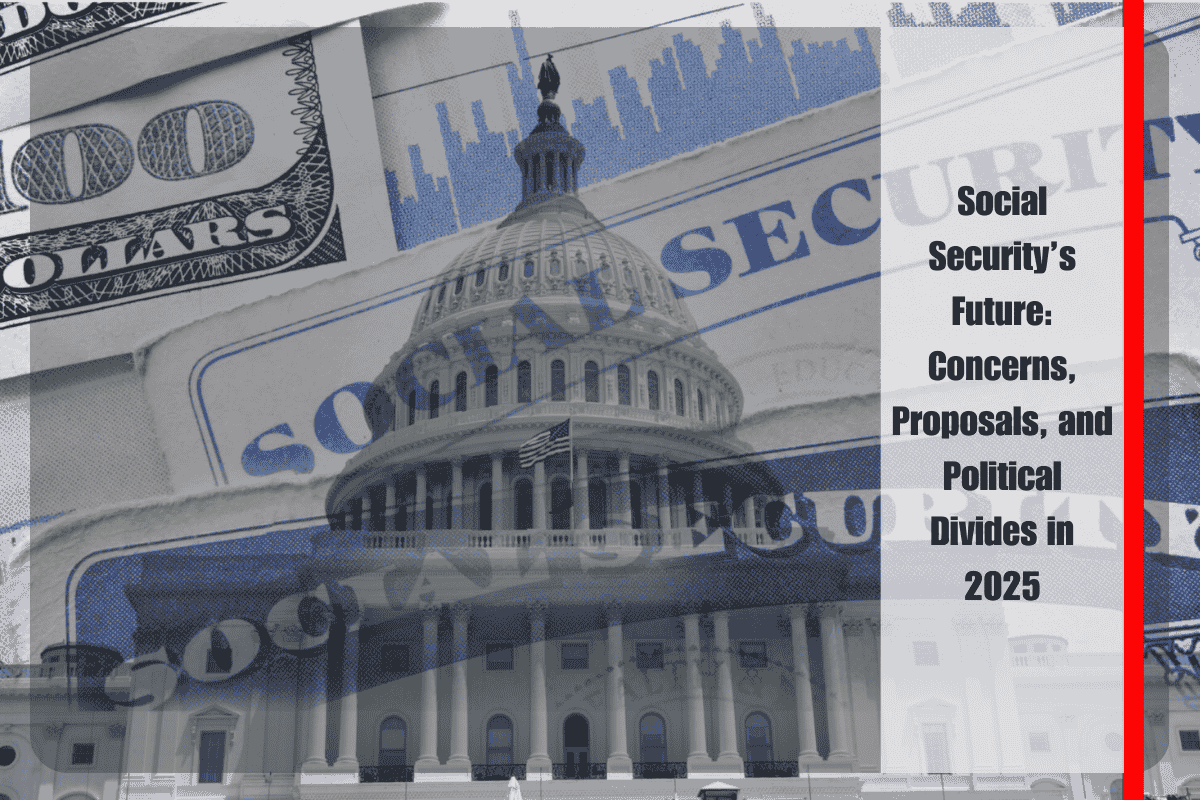Zach Mecham, a disability advocate, reflects on the critical role Social Security has played in his life, allowing him to attend Drake University, start his own business, own a home, and buy a car. “None of that would have been possible without the protections in Social Security,” Mecham said. However, like many other beneficiaries, he worries about the program’s future. With ongoing legislative changes, particularly stemming from the Republicans’ tax law, Mecham fears that younger Iowans with disabilities might not have access to the same supports he did.
While Social Security remains a popular program across party lines, its future has been clouded by actions taken by the Trump administration since his return to office. Democrats argue that recent tax reforms, part of the “One Big Beautiful Bill,” have compounded the financial challenges facing Social Security.
The Social Security Act, signed by President Franklin D. Roosevelt 90 years ago, was designed to provide economic stability for older Americans. Today, it benefits nearly 69 million people each month, serving as a critical source of income for those over 65. However, federal projections show the program’s trust funds could run out by 2033, partly due to tax changes under the Republican-led tax and spending bill. This issue has become a focal point for Democratic challengers in the 2026 midterm elections.
Iowa’s Republican congressional delegation voted in favor of the sweeping tax legislation, which has sparked fierce debate. Former Maryland Governor Martin O’Malley, who served as Social Security commissioner under President Joe Biden, visited Des Moines on August 15 as part of a “Win Back Our Country” tour to raise awareness about Social Security’s precarious future. O’Malley emphasized the need for Democrats to be vocal in defending the program, warning of the real risk of benefit interruptions for the first time in 90 years.
In the midst of these discussions, Republican U.S. Representative Zach Nunn of Iowa’s 3rd Congressional District, though absent from O’Malley’s town hall, continues to advocate for tax changes made under the “One Big Beautiful Bill.” The law does not eliminate taxes on Social Security benefits but offers a temporary federal income tax deduction of up to $12,000 for married couples aged 65 and older through 2028. This change benefits many older adults, particularly those in the middle or higher income brackets, by reducing or eliminating taxes on their Social Security benefits.
However, critics argue that while the tax changes provide relief for many seniors, they fail to address the larger issue of Social Security’s long-term solvency. A recent analysis from the program’s chief actuary suggested that the tax cuts could result in increased program costs, putting additional pressure on Social Security’s trust funds. Projections show that the combined trust funds will pay 100% of benefits until 2033, after which only 77% of benefits may be payable.
O’Malley has called for Congress to require wealthier Americans to contribute more to Social Security, proposing the expansion of taxable income above certain thresholds. He highlighted that during his 2016 presidential campaign, he advocated for raising the payroll tax to cover all income over $250,000. This idea was echoed by President Biden, who has called for expanding the tax to income over $400,000. Currently, income above $176,100 is not subject to Social Security payroll taxes.
The debate over Social Security is becoming increasingly important as the 2026 midterms approach. In Iowa, nearly 700,000 people rely on Social Security, with benefits lifting over 163,000 Iowans out of poverty. This issue is central to Democrats’ strategy in targeting Iowa’s 3rd Congressional District, a highly competitive race. Suzan DelBene, chair of the Democratic Congressional Campaign Committee, criticized Republican lawmakers for their actions against Social Security, claiming that they are breaking the promise to seniors that they will retire with dignity.
In contrast, Republicans, including Rep. Zach Nunn, defend their stance, stating that the tax changes will allow seniors to keep more of their hard-earned money. Nunn and his colleagues argue that their actions protect the benefits seniors have earned throughout their lives.
The future of Social Security remains uncertain, with significant political divisions over how to ensure the program’s long-term solvency and protect benefits for millions of Americans. As both parties continue to make Social Security a central issue leading into the 2026 elections, the debate is likely to intensify, with important decisions ahead that will shape the program’s future.












